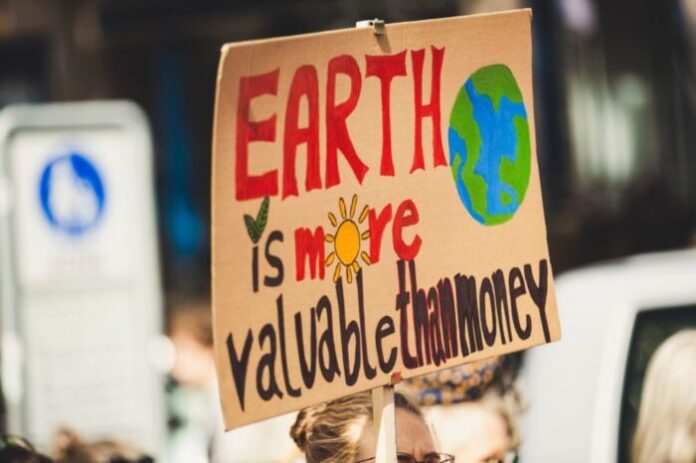
The Cop25 in Madrid closes worse than expected. After the declarations of the past few days, in which the agreement seemed close, everything was blurred. The conference of the parties on climate ended with almost two days of delay without a common understanding. The crucial issue was Article 6 of the Paris Agreement, concerning CO2 markets and the need to reduce emissions to contain global warming.
In the end, the summit ended with a timid appeal to countries to make “more ambitious efforts”, almost a mockery as this could be the decisive opportunity to do something concrete against climate change. Negotiations will continue next year at COP26 in Glasgow, that of major decisions.
Antonio Guterres, UN secretary general, said he was “disappointed” by the results of the conference, stating that “the international community lost an important opportunity to show increased ambition on mitigation, adaptation and finance to tackle the climate crisis. But we must not give up, and I will not give up”.
According to Greenpeace, the progress that was hoped for emerged from COP25 were “once again compromised by the interests of fossil fuel companies and of those companies that see in a multilateral agreement against climate emergency a threat to their margins of profit. “During this meeting – he underlines – the door was literally closed to values and facts, while civil society and scientists who demanded the fight against climate emergency were even temporarily excluded from COP25. Instead, politicians have clashed over Article 6 relating to the carbon trading scheme, a threat to the rights of indigenous peoples as well as a price tag on nature. With the exception of the representatives of the most vulnerable countries, political leaders showed no commitment to reduce emissions, clearly not understanding the existential threat of the climate crisis”.
Governments “must completely rethink the way in which they conduct these negotiations, because the outcome of this COP is totally unacceptable – says Jennifer Morgan, executive director of Greenpeace International. There was a need, he says, “for decisions that respond to the demands launched by the new generations, who had science as a reference point, who recognized the urgency and declared the climate emergency. Even for the irresponsible weakness of the Chilean presidency, countries like Brazil and Saudi Arabia have instead built a wall, selling carbon agreements and overwhelming scientists and civil society”.
The IPCC (the body set up by the UN to monitor climate change) has clearly warned that global efforts must multiply by five if we want to avoid an increase in the average terrestrial temperature of more than 1.5 ° compared to the pre-industrial one, the threshold beyond which extreme events could reach the point of no return. With current plans, it would be easy to reach 3.2 degrees of increase by the end of the century.



































